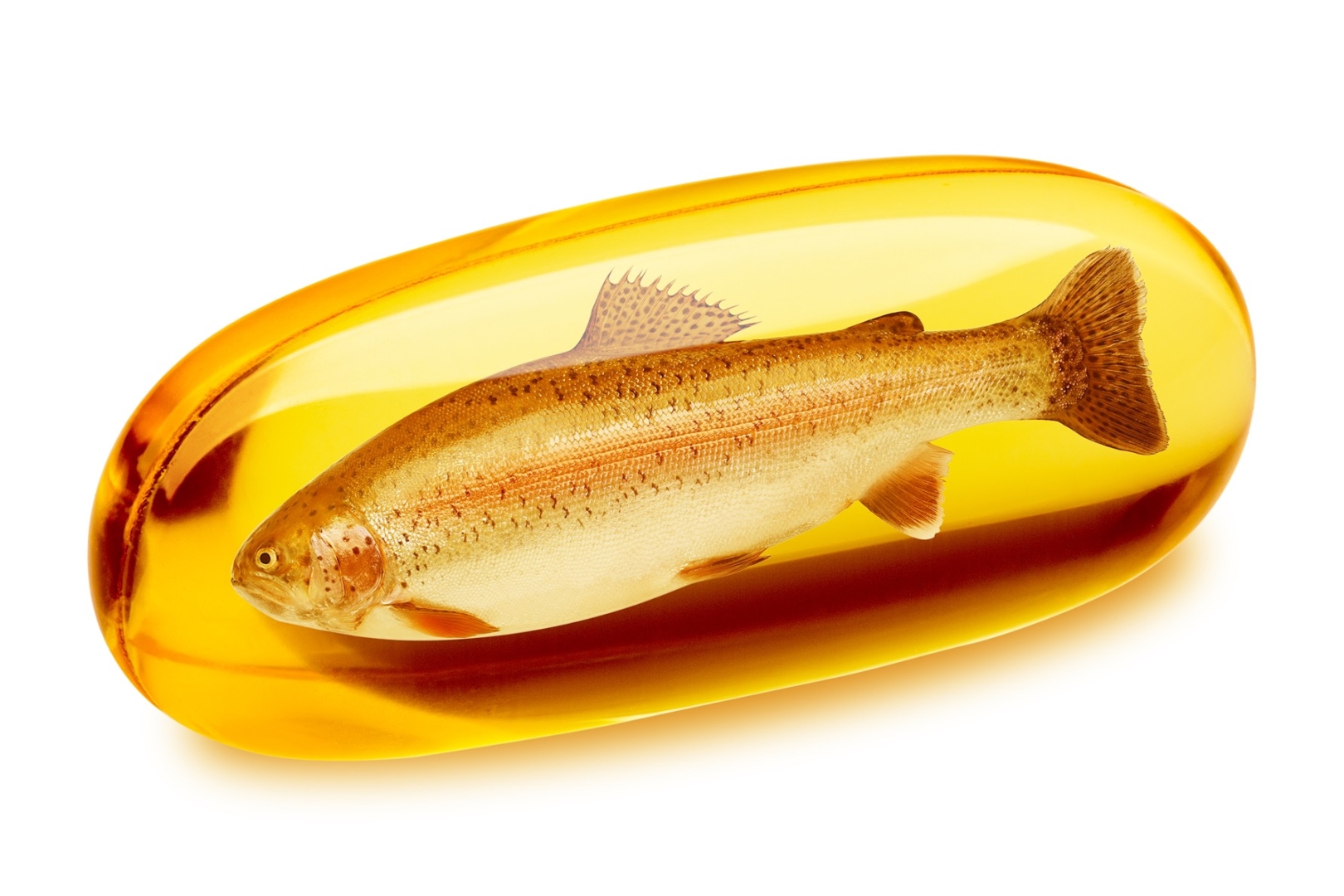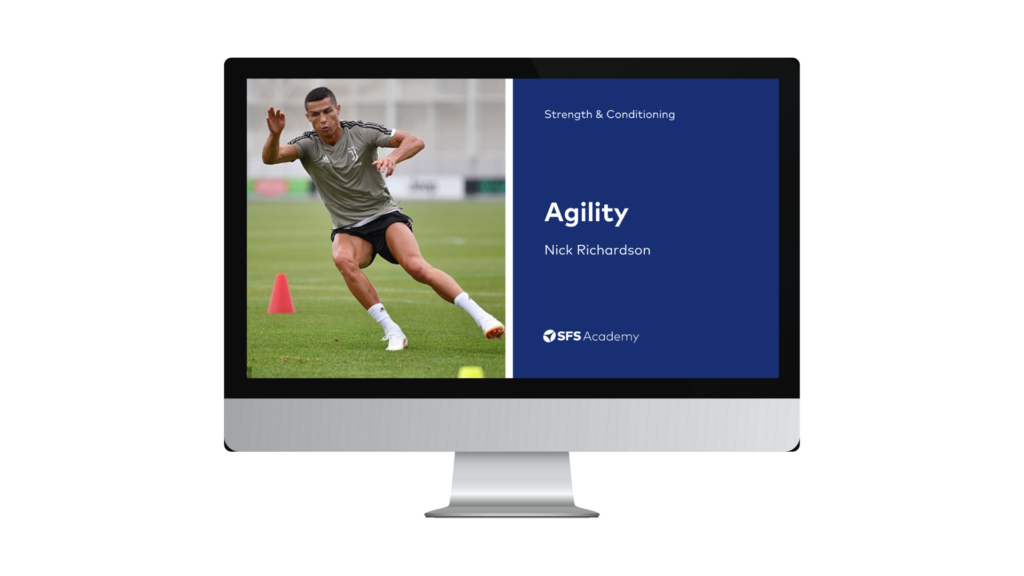Why Omega-3s are the real Alphas of fat for athletic performance
Beyond the well-documented health benefits of Omega-3s, they can also play an important role in muscle strength, endurance, recovery, and injury prevention for athletes.
Omega-3s – why fats shouldn’t be feared
You’ve likely heard about Omega-3 fatty acids, but do you know why they are the talk of the town in nutrition circles? Omega-3s are groups of fatty acids (fat) found in our food and are the true ‘alphas’ of fat for performance. Why? Let’s find out …
Fat is an important macronutrient for athletes to meet calorie demands, prevent using protein for energy, and help with recovery. Fats in our food are either saturated or unsaturated based on the structure of the fatty acid – an easy rule to remember is saturated fat is found primarily in animal-based foods, with the exception of palm and coconut oil, and unsaturated fat is found primarily in plant-based foods, with the exception of fatty fish (e.g., salmon).
There are many types of unsaturated fats, but two commonly known are Omega-3 and Omega-6 fatty acids. Most people get plenty of Omega-6 in their diet but not nearly enough Omega-3. Foods rich in Omega-6 include mostly vegetable oils, commonly found in highly processed foods. Omega-3 rich foods include fatty fish, olive oil, walnuts, chia seeds, and flax seeds but they are typically inadequate in most daily diets, especially if consuming fatty fish is not part of your weekly intake.
There are three types of Omega-3 fatty acids found in food: Alpha Linolenic Acids (ALA), Eicosapentaenoic Acid (EPA), and Docosahexaenoic Acid (DHA). ALA is an essential fatty acid (meaning our bodies do not make it) but the research showing Omega-3s as the true alphas of health benefits and performance focuses on EPA and DHA. So, let’s talk about those performance benefits…

Potential benefits of Omega-3 for athletic performance
Beyond the well-documented health benefits of Omega-3s — including heart health, weight management, and blood sugar control — Omega-3s play an important role in muscle strength, endurance, recovery, and injury prevention for athletes.
OMEGA-3 FOR STRENGTH
Studies have shown Omega-3s boost muscle protein synthesis, which increases muscle mass and strength. The research suggests Omega-3s, specifically EPA, improves protein metabolism. Further, recent research demonstrates Omega-3s prevent the loss of muscle mass, meaning if you’ve sustained an injury and want to maintain muscle mass, adding Omega-3s could be a dietary tool to help maintain your body composition during healing.
Improving muscular strength requires a higher load of training and additional caloric intake to gain muscle mass, and Omega-3s contribute to this by adding daily calories to replenish your training calorie deficits. Fats contain nine calories per gram compared to four calories per gram in carbohydrates and protein. Therefore, fat is more calorically dense, allowing athletes to fuel up and meet higher caloric requirements to build muscle.
OMEGA-3 FOR ENDURANCE
Few studies have examined how Omega-3s improve endurance, however, some evidence suggests ingestion of Omega-3s can improve endurance capacity. Omega-3s act as a vasodilator, increasing oxygen flow during exercise, which increases endurance. Other studies show higher Omega-3 consumption reduces fatigue. While there are limited studies on endurance training, there is some evidence that supports Omega-3s’ potential for improving endurance.
OMEGA-3 FOR RECOVERY
Omega-3s contain anti-inflammatory properties which aid in muscle recovery and injury prevention. Consuming higher Omega-3s improves the integrity of your cells and cellular function, ultimately reducing muscular damage. Just seven days of supplementation can decrease post-exercise muscle damage and soreness. Additionally, Omega-3s have been shown to improve sleep, which is a vital piece of the puzzle for performance recovery .
In conclusion, it appears Omega-3s can help athletic performance by improving muscle strength, endurance, and reducing recovery time.
Omega-3 rich foods to include in your diet
ALA is found in plant-based nuts, seeds, and oils. EPA and DHA are found in fatty fish and marine algae. Therefore, it’s recommended to consume two servings per week of low-mercury fatty fish such as salmon, sardines or herring to meet 500mg per day of EPA and DHA. Generally, smaller fish have lower mercury content than larger fish, and wild fish have more Omega-3s than farm-raised fish.
What about Omega-3 supplements?
If needed, supplements can be taken, since most people do not consume two servings per week. When looking for supplementation, consider the level of Omega-3s you are currently consuming and dose accordingly. The National Academy of Medicine suggests a daily consumption of 1.6 g for males (ages 19-50), and 1.1 g for females (ages 19-50). Find a USP-approved label, which means a third party tested the accuracy of the product.
These supplements are found in many grocery stores at reasonable prices, yet be cautious of buying the cheapest brand. Check the label for the level of EPA and DHA- the most important Omega-3 fatty acids.
Omega-3s: Key Takeaways
- Omega-3s can improve athletic performance by increasing muscle strength, endurance, and recovery
- Choose Omega-3 fats for health and performance benefits by incorporating more olive oil, walnuts, chia seeds, and flaxseeds
- Aim to consume at least two servings of fatty fish per week
- Consider supplementation as needed to reach the recommended levels, as per the above National Academy of Medicine recommendations.
[optin-monster slug=”nhpxak0baeqvjdeila6a”]




